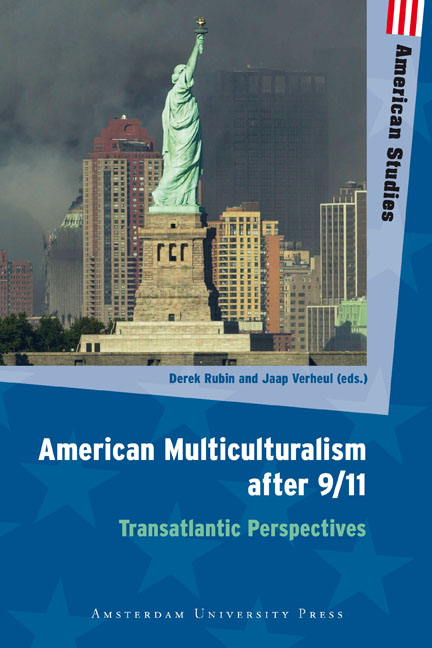Coherence, Difference, and Citizenship: A Genealogy of Multiculturalism
Published online by Cambridge University Press: 21 January 2021
Summary
Debates on social and cultural identity have a long, rich, and diverse history. Theories of multiculturalism and social pluralism are fairly recent additions to a longstanding dispute on the nature of culture and society. The most vehement polemics developed during the twentieth century, while the roots of these conflicting theories go back to the nineteenth, and even the eighteenth century. The conflicting interpretations offered by Enlightenment and Romanticism, often characterized as “human” universalism versus “cultural” particularism, opened up discussions of political loyalties and cultural preferences that preoccupy many Western countries to the present day.
The framework of this discourse has not really been changed after September 11, 2001. The ensuing War on Terror only exacerbated disputes on loyalty and citizenship. It still threatens to narrow down the debate on multiculturalism to the position of the Islamic minorities in Western countries. That is one of the grounds for putting recent debates in a broader perspective.
A natural starting point for tracing the history of these disputes is the genesis of modern citizenship in the context of the nation-state. The humanities and social theory played a significant role in this discourse about citizenship. Initially, they were the producers of the new, often conflicting identities. Historians, linguists, and philosophers developed the concepts instrumental in creating national identities. In that sense, the humanities contributed to social and political exclusion. Later, many historians and cultural scholars regretted the role their disciplines played in nation-building. In the wake of World Wars I and II, they tried to set the humanities free from this legacy by helping to deconstruct nationalism.
Not everyone was convinced by their attempts, however. This distrust gave rise to a second, parallel discourse, born out of misgivings about the historicizing humanities. Ideas of nationalism were replaced by notions of multiculturalism. Many political and cultural theorists distrusted historical arguments as such and tried to get rid of history altogether. They did not succeed. In the face of current political and cultural uncertainties, historians have again been asked to deliver narratives of social cohesion and national purpose.
The Historiography of Coherence
Nations require a unified national citizenship.
- Type
- Chapter
- Information
- American Multiculturalism after 9/11Transatlantic Perspectives, pp. 51 - 64Publisher: Amsterdam University PressPrint publication year: 2012

